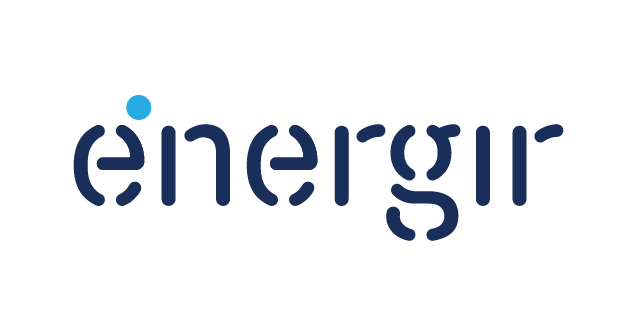Dear Participants,
First of all I wish you all an excellent 2024!
For many of you, 2023 was a year of change and repositioning, given a rather unstable future on many fronts, from the economy to geopolitics and climate.
As is the case in many other sectors, real estate has been greatly influenced by several constraints and the impacts caused by a context of uncertainty. The year 2024 will be no different. We’ll need to continue to anticipate and to then make informed choices and manage instability in action.
As for the energy aspects of real estate, instability is a constant, with GNR (renewable natural gas) now an important factor. The current situation includes electricity rates that have risen by 6.5%, plus timelines and pressure for decarbonization vs. required investments, Hydro-Québec’s capacity to electrify buildings, and new provincial regulations that will add to the complexity of building management, but unfortunately without encouraging the industry to come up with concrete solutions.
We need to be down-to-earth and action-oriented. In the face of instability, we need to focus on what is stable and, at the very least, include it in our energy management approach. Many energy efficiency projects still have PRIs and NPVs that justify action. Energy prices will not go down. The energy efficiency of our buildings is still an attractive variable for tenants and promoters. In difficult times, operating costs must be competitive. Energy audits and the assessment of GHG reduction solutions are essential tools for identifying opportunities for improvement and profitability in periods of instability, and should be included in capitalized modernization projects (CAPEX), decarbonization target planning and corporate ESG policies.
Keep in mind that the BEC is a key tool for establishing your positioning among your peers. In addition to recognizing leaders who anticipate variables and choose action, it also helps establish the positioning of all your buildings. It helps you to ensure sound energy management, implement your action plans and identify opportunities in a highly competitive world.
Now that 2023 is over, make your energy assessments, define your 2024 objectives and take action. Time is the most important factor, i.e. in never stops.
BEC will begin compiling 2023 data in the coming months. Note that you have until February 28, 2024 to share your energy data and participate in Year 2 of BEC 2.0.
In that regard, note that few buildings currently use the automated data transfer offered by Hydro-Québec and Energir. Yet it is a tool that, yes, requires some effort to set up, but will save you so much time later by sparing you the task of doing it manually. BEC has been promoting this development since 2019. Take advantage of it. The gains will be appreciable, especially with the upcoming arrival of the provincial mandatory disclosure regulations.
More news coming soon.
Mario Poirier
Program Director







